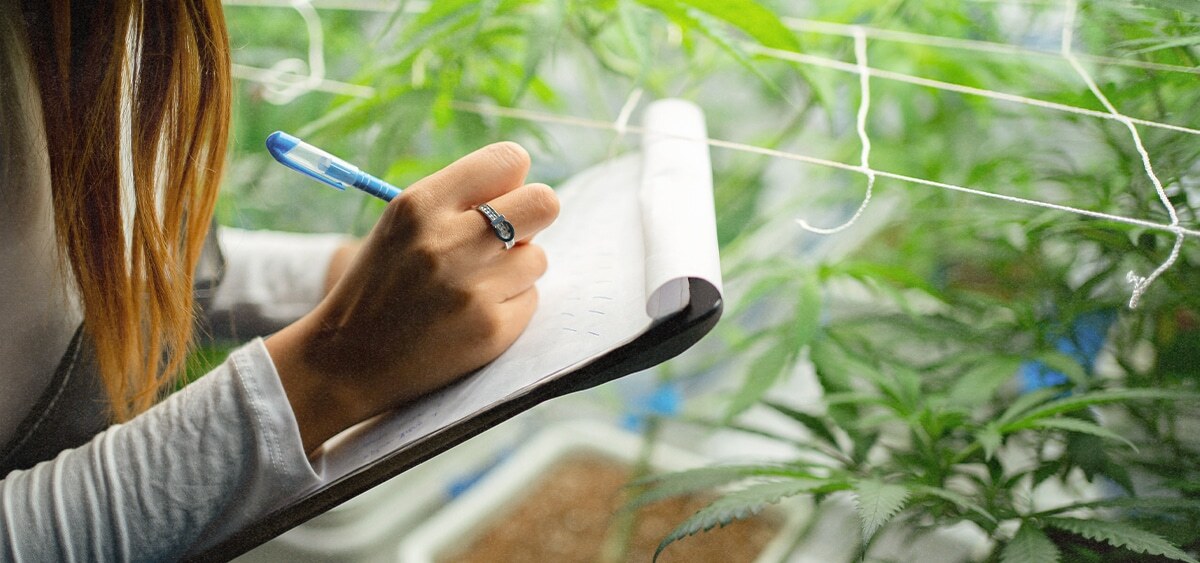“The odds are always against the Supreme Court hearing any particular case, but the cannabis industry’s approach in this one absolutely ensures it won’t happen.”
By James B. Mann, former U.S. Department of Justice Tax Division deputy assistant attorney general
A much-hyped lawsuit meant to challenge federal cannabis law has officially flamed out. The First Circuit Court of Appeals recently issued a unanimous opinion rejecting Canna Provisions v. Garland (also known as Canna Provisions v. Bondi), a case widely seen as the cannabis industry’s best shot at attacking federal prohibition through the courts.
The case was intended to strike down cannabis’s Schedule I classification under the Controlled Substances Act and eliminate the crushing tax burden imposed by Section 280E of the Internal Revenue Code. Instead, it ended in a resounding defeat—with precisely zero chance of being heard by the Supreme Court.
Section 280E is one of the most punishing burdens facing the legal cannabis industry. Originally enacted in the 1980s to prevent drug traffickers from deducting business expenses, 280E blocks cannabis operators—even fully legal ones under state law—from writing off ordinary costs like rent, payroll or equipment. The result is that cannabis businesses often pay two to three times more in federal income tax than they would if they sold any other legal product.
The cannabis industry’s battle against 280E is now being waged across all three branches of government. Congress is being lobbied for legislative relief. The executive branch is being pressured to reschedule cannabis so 280E no longer applies. And the judiciary has been pulled in through legal challenges like Canna Provisions.
The lawsuit was filed with much fanfare in October 2023—it was funded by many of the large cannabis companies and used a big-name law firm, Boies Schiller. The goal was to overturn a 2005 Supreme Court decision, Gonzales v. Raich. In Raich, the Court upheld the Controlled Substances Act as applied to cannabis grown solely for personal medical use within one state.
Boies Schiller essentially made two arguments—first, that the realities of the cannabis market had changed so much since 2005 that Raich was outdated and wrong, and second, that Congress had passed legislation proving cannabis no longer belongs in Schedule I. The First Circuit wasn’t having any of it. The 3-0 opinion pointed out that even though the facts had changed, they had not changed enough to make Congress’s classification irrational as part of a comprehensive regime of drug regulation (the relevant test).
The court also dismissed the claim that federal legislation proved cannabis should be removed from Schedule I. The opinion noted that the funding restrictions were limited in their effect and applied only to medical cannabis (Canna Provisions and the other plaintiffs are adult-use sellers).
Interestingly, the opinion repeatedly criticizes the lack of logical development of Canna Provisions’s arguments, going so far as to dismiss one of the most important arguments for “lack of development.”
Supreme Court justices vote on what cases to hear, and it takes four votes to put a matter on the docket. In a lawsuit like Canna Provisions, there is no split among the circuit courts for the Supreme Court to resolve. That means the only real path to a hearing was to convince the justices that the case presented an urgent federal legal question.
There is one justice still on the bench from Raich—Justice Clarence Thomas. His dissent in that case, and his opinions in other Commerce Clause cases, emphasize his belief that federal power has stretched far beyond the Framers’ intent. Justice Sandra Day O’Connor’s dissent also argued that the federal law intruded on core state powers.
Bizarrely, Boies Schiller never raised the arguments made by either Thomas or O’Connor. It’s unclear who they thought would vote to hear the case based on the strategy they pursued.
And while oral argument isn’t usually a decisive factor in appellate decisions, it didn’t help that David Boies was completely shredded by the three-judge panel. (The First Circuit has publicly available recordings of oral arguments.) Boies was once one of the most prominent litigators of his generation—there’s even a chapter in a Malcolm Gladwell book about his mind and how he overcame dyslexia. But at 84, he was unprepared for basic questions and clearly no longer at his peak.
The odds are always against the Supreme Court hearing any particular case, but the cannabis industry’s approach in this one absolutely ensures it won’t happen. More broadly, Canna Provisions underscores the complexity of using litigation to advance federal cannabis reform. While carefully crafted legal challenges may still have a role, this case failed to present the type of arguments or posture that could realistically have drawn the Supreme Court’s interest.
James B. Mann is a tax attorney whose practice centers on cannabis taxation and complex business tax planning. A Harvard Law and Columbia MBA graduate, he previously served as deputy assistant attorney general in the U.S. Department of Justice’s Tax Division, led tax-debt advisory at Société Générale, and represented major cannabis clients—including arguing the Harborside case in the Ninth Circuit.
Matt Gaetz Pictured Reviewing Contract To Provide Top Marijuana Company With ‘Administration-Related’ Support Amid Rescheduling Push
Photo elements courtesy of rawpixel and Philip Steffan.

 California Cannabis Updates1 year ago
California Cannabis Updates1 year ago
 Breaking News1 year ago
Breaking News1 year ago
 best list11 months ago
best list11 months ago
 Bay Smokes1 year ago
Bay Smokes1 year ago
 Business10 months ago
Business10 months ago
 cbd1 year ago
cbd1 year ago
 Mississippi Cannabis News1 year ago
Mississippi Cannabis News1 year ago
 Breaking News1 year ago
Breaking News1 year ago












































